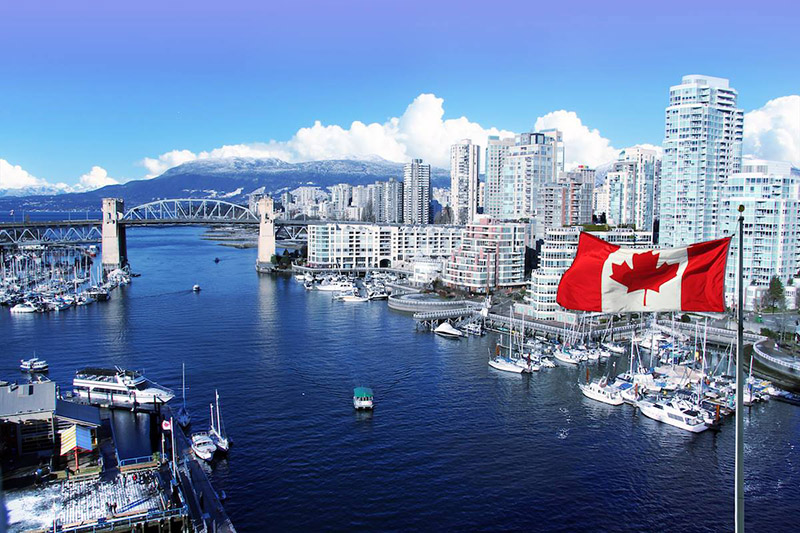So, you’ve been dreaming about buying a boat for ages. You’ve scrimped and saved, checked out the latest models and nearby marinas. But then someone rains on your parade and tells you that buying a Canadian vessel is a bad investment. This is not necessarily the case, but before shelling out all your hard-earned cash, read on. And remember that you’ll have to contact Transport Canada boat registration and complete vessel registration forms.
Initial Outlay for a Canadian Vessel
What you spend upfront depends on what kind of boat you want and whether you’re buying a new or used vessel. First, decide what you want to do with the boat. If you plan to take it out for weekend fishing trips or water sports, a speedboat might be the best buy for you. But if you want to try and make an income from your vessel, you might be better off going for a luxury liveaboard or a mid-sized yacht. Other initial costs will include registration of the boat, insurance, marina fees or a trailer to take your boat on, navigational equipment, safety gear, and life jackets.

Boat Insurance
Insurance is essential for your investment to protect you from liability expenses, theft, and damage due to accidents. The amount you will pay depends on various factors, including the size of both boat and motor. Marinas usually require basic liability insurance. If you have a speedboat and engage in water sports, take out extra liability coverage in case of accidents or injuries. If you are going to transport your boat, you will need insurance that covers you both on and off the water.
Mooring and Storage
Your boat needs to be stored or moored. The cheapest way of storing your boat is to keep it in dry storage at home. You will, of course, require a large enough property and a vehicle that can tow the boat. You will also have to transport your boat every time you want to use it. Wet storage is a better option. This means storing your boat at a boat club or a marina.
Depending on the size of your boat and the location, you will have to pay docking and mooring fees. Ask yourself if you are going to use your boat year-round, or only in the warmer months. This will affect storage and associated costs.
Up-keep and Maintenance
Because a boat is a big investment, you need to plan for spending a great deal of time and money on maintenance. A well-maintained boat requires monthly and annual checks, as well as cleaning of the engine, steering, and electrical systems. This will prevent breakdowns.
The boat will also need to be painted, have repairs done to its flooring, new carpets, and deep cleaning. If you put the time and money in that are necessary to keep your investment in top condition, your boat will last a long time. Also, don’t forget to keep an emergency fund for when unexpected repair jobs are needed.

